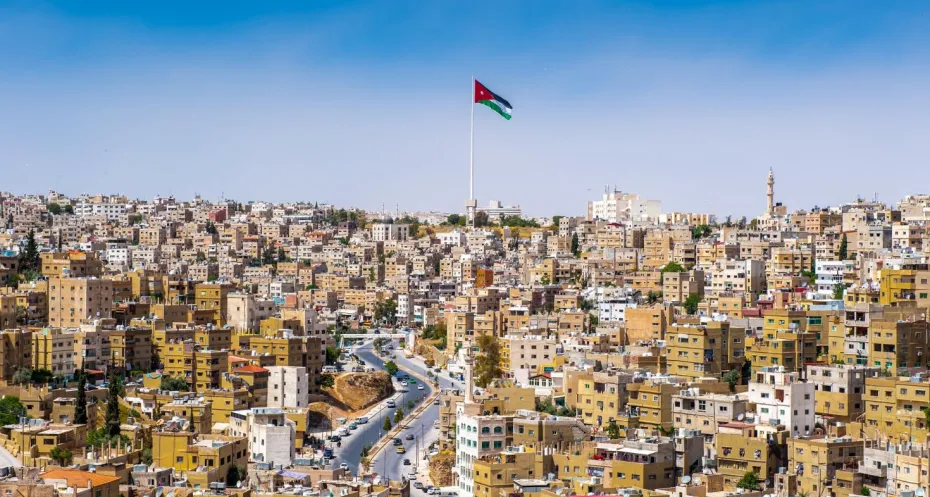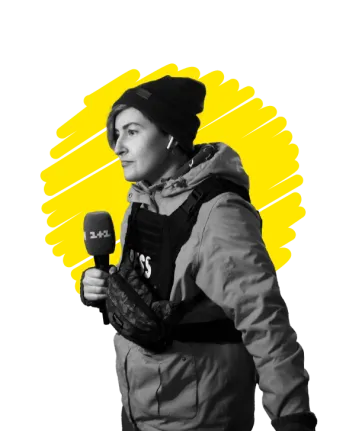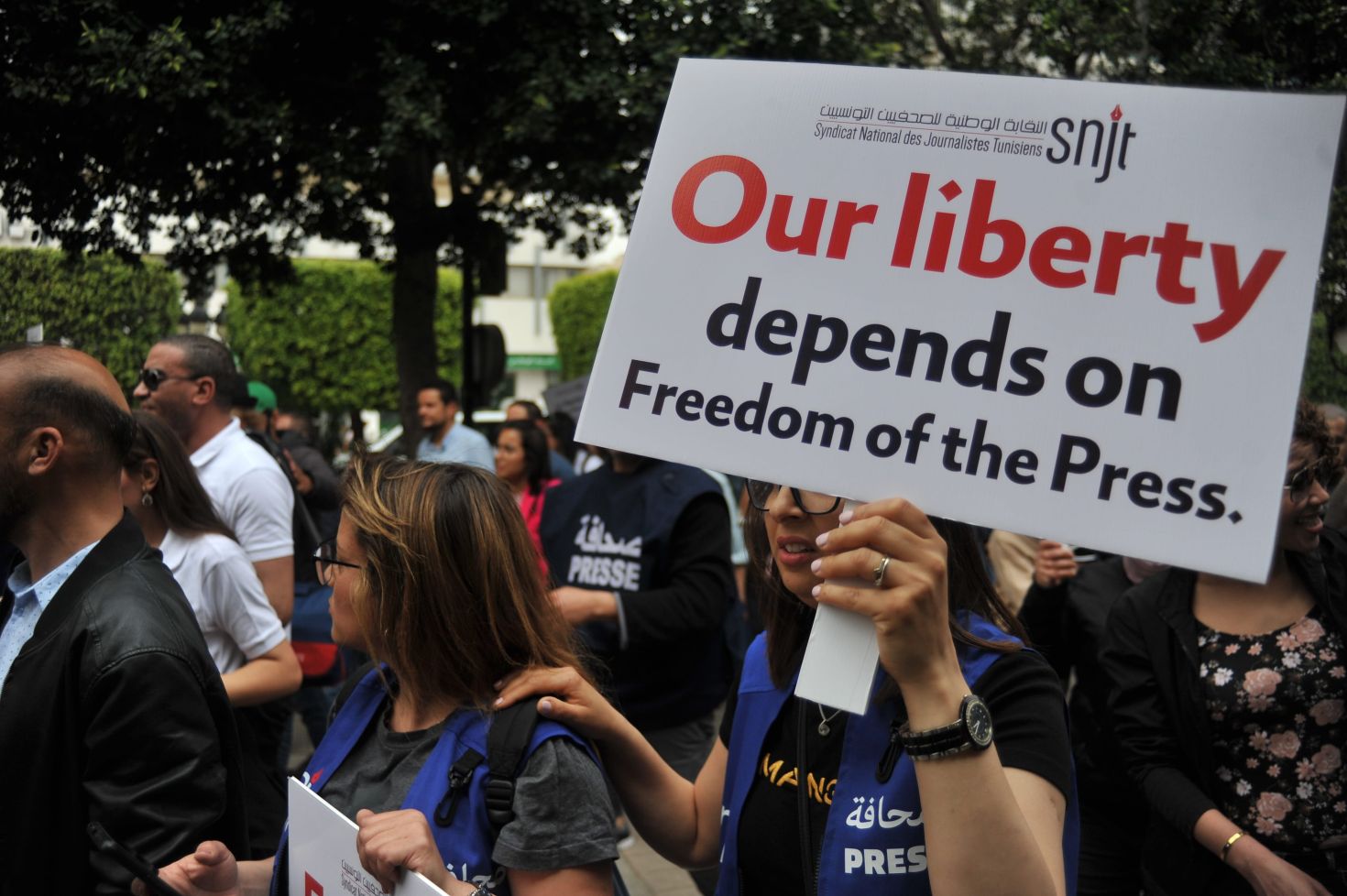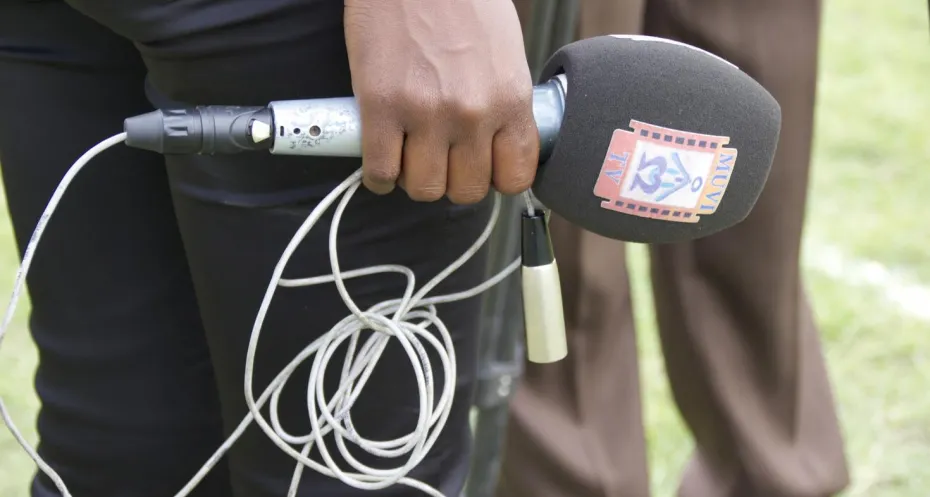
Media Action Jordan: Support the independence of Jordan’s media sector
Jordan’s contemporary media environment suffers from comparatively intrusive government practices and increasingly restrictive laws compared to it’s...



